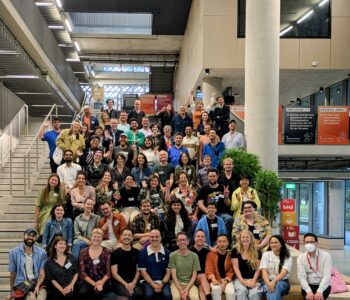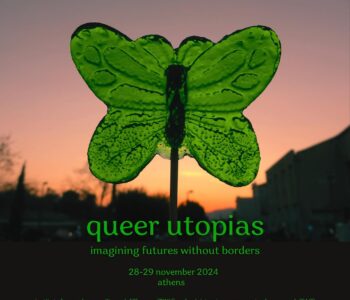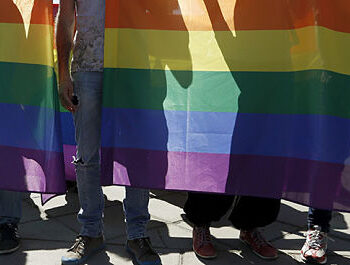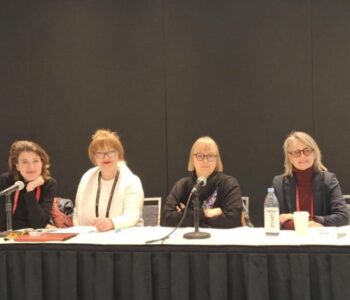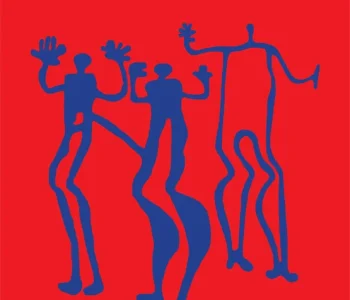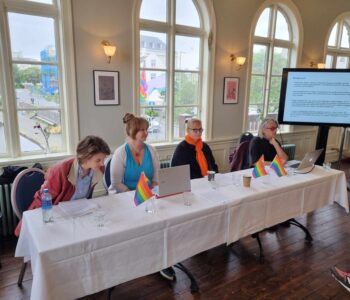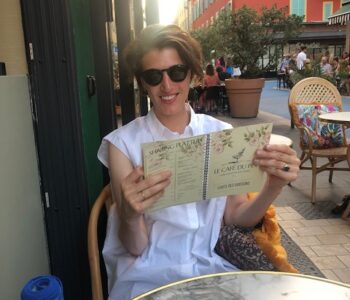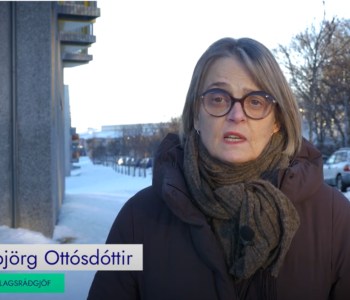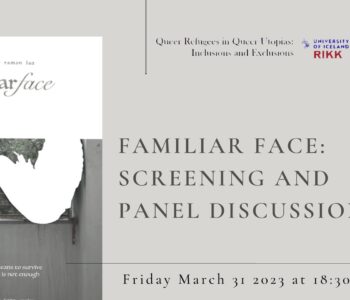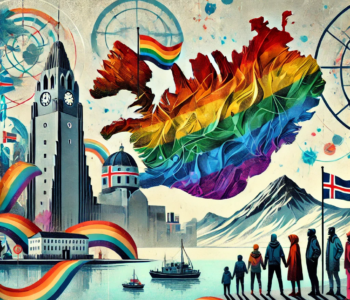 Events
Events
Þjóðarspegillinn 2024
The final event on Icelandic soil for the project Queer Refugees in “Queer Utopias” – Inclusions and Exclusions will take place on Friday, November 1 at the Þjóðarspegillinn 2024 conference at the University of Iceland. This session will feature thought-provoking discussions on the lived experiences of SOGIE (Sexual Orientation, Gender Identity and Expression) refugees in Iceland, addressing complex intersections of migration, queerness, and systemic support.
The project, which began in 2021 with a grant from the Icelandic Research Fund, explores how queer refugees navigate the challenges of inclusion and exclusion in what are often portrayed as progressive societies. The Þjóðarspegillinn panel marks the closing event of this three-year project, offering a final reflection on its findings and contributions to the field of queer migration studies.
Presentations will include Guðbjörg Ottósdóttir’s research on the narratives of professionals working in Iceland’s social support systems for SOGIE refugees, revealing how legal frameworks and cultural perceptions shape professional approaches. Árdís Kristín Ingvars’ paper introduces “strutting” as a methodological tool in migration research, examining its potential to challenge the confinement of queer identities within national and racial borders. Finally, Linda Sólveigar- og Guðmundsdóttir will present findings from interviews with SOGIE refugees in Iceland, highlighting themes of safety and isolation within the context of Iceland’s growing reputation as a “gay paradise.”
The project has contributed significantly to the understanding of queer refugees’ experiences in Iceland and beyond, emphasizing the need for inclusive, intersectional approaches to both social services and academic research in the field.
